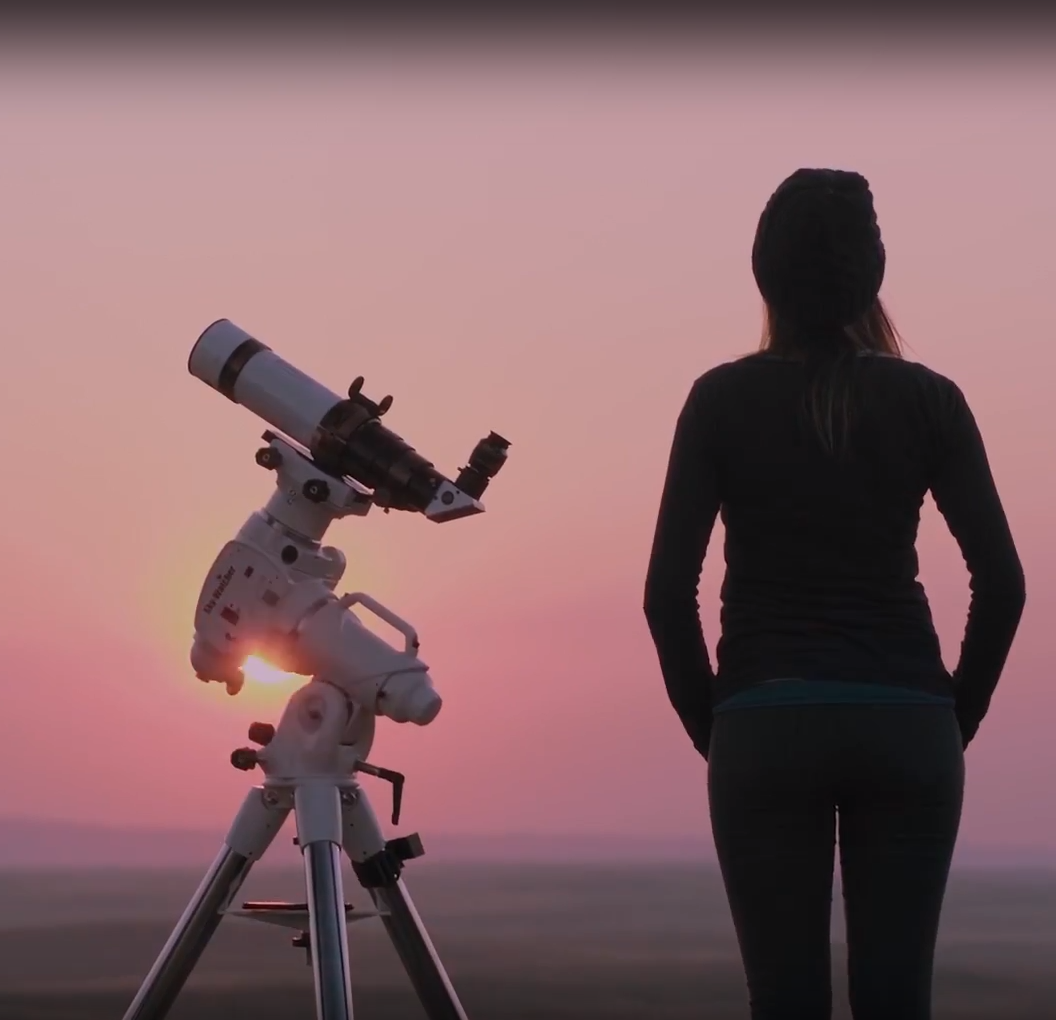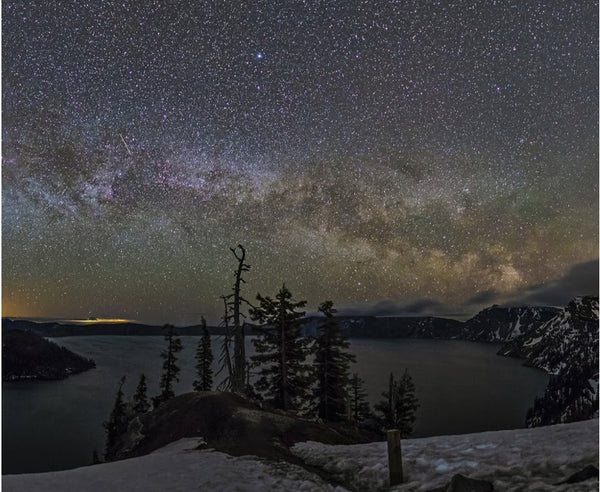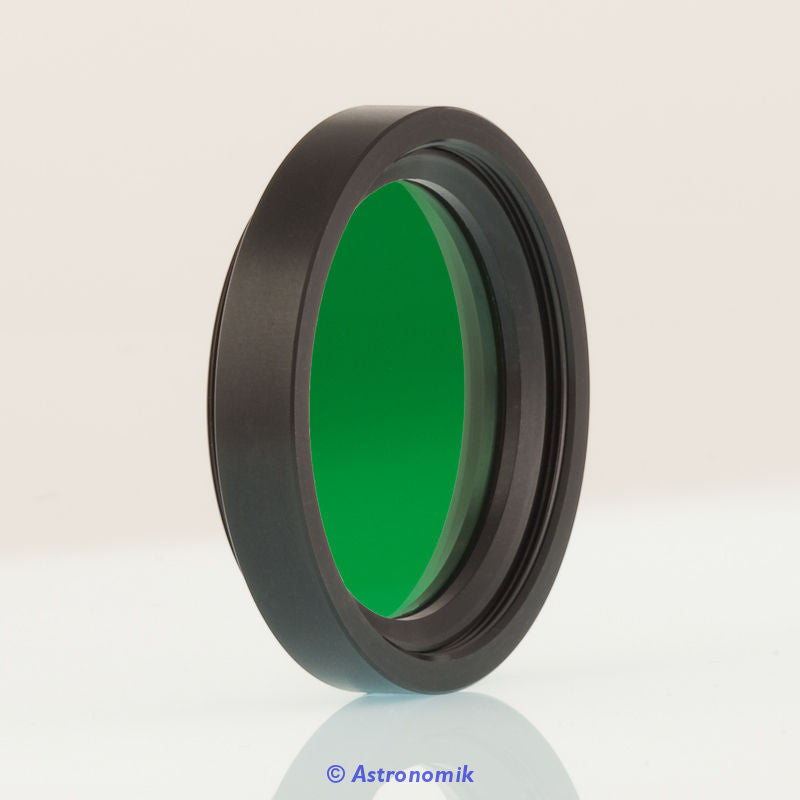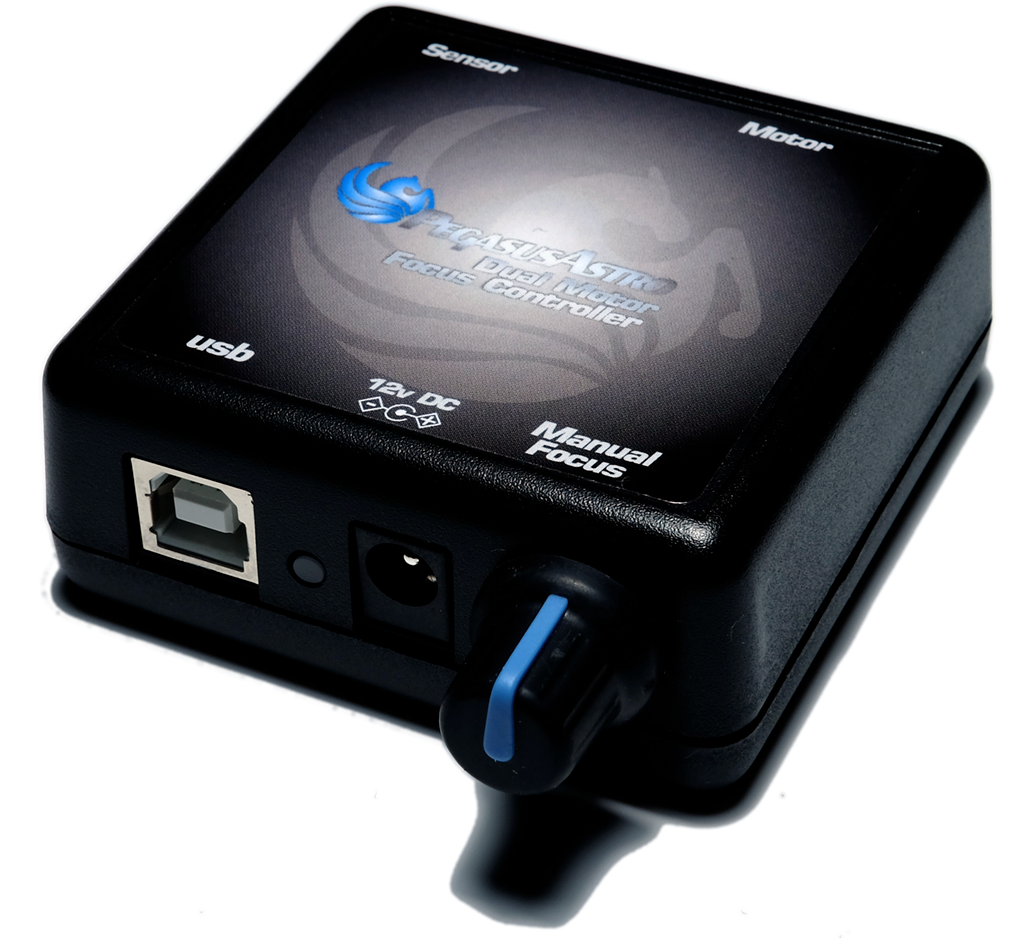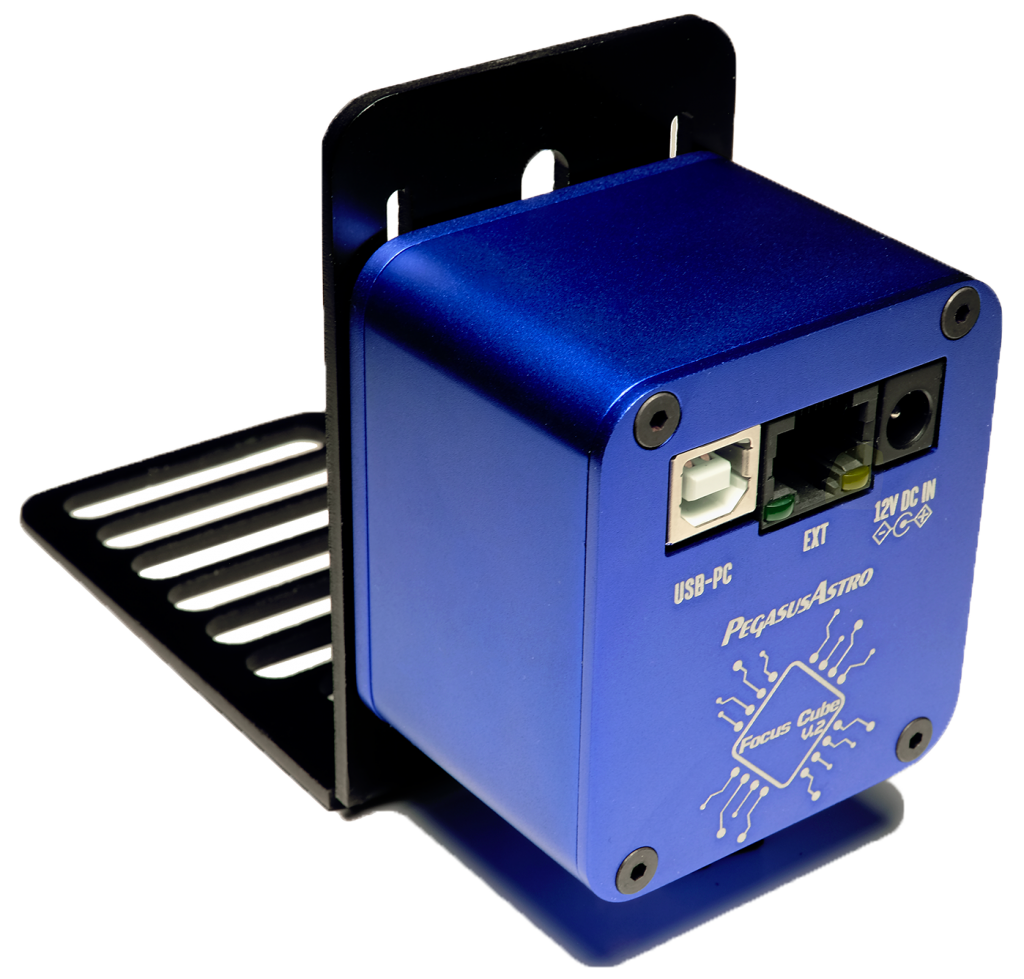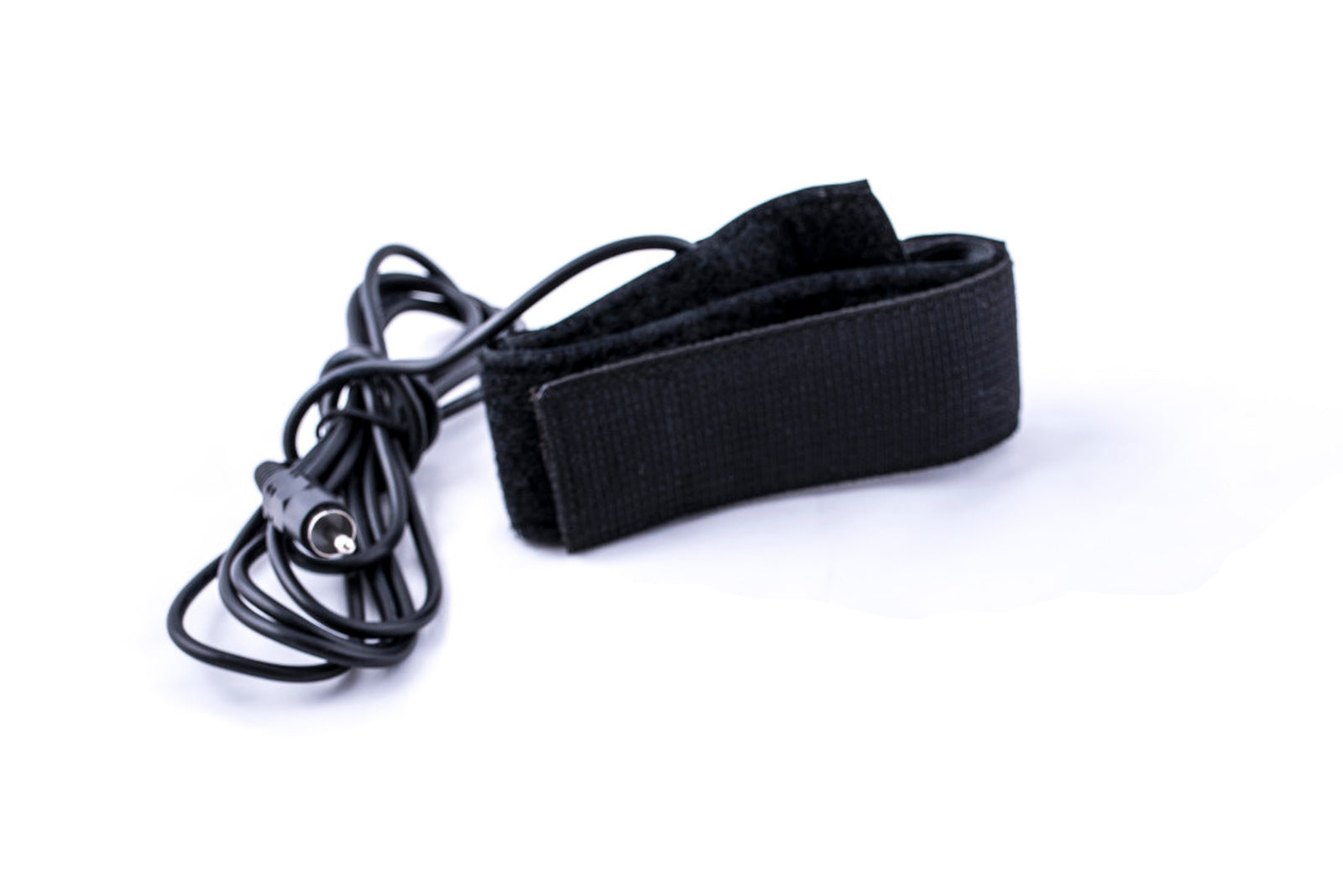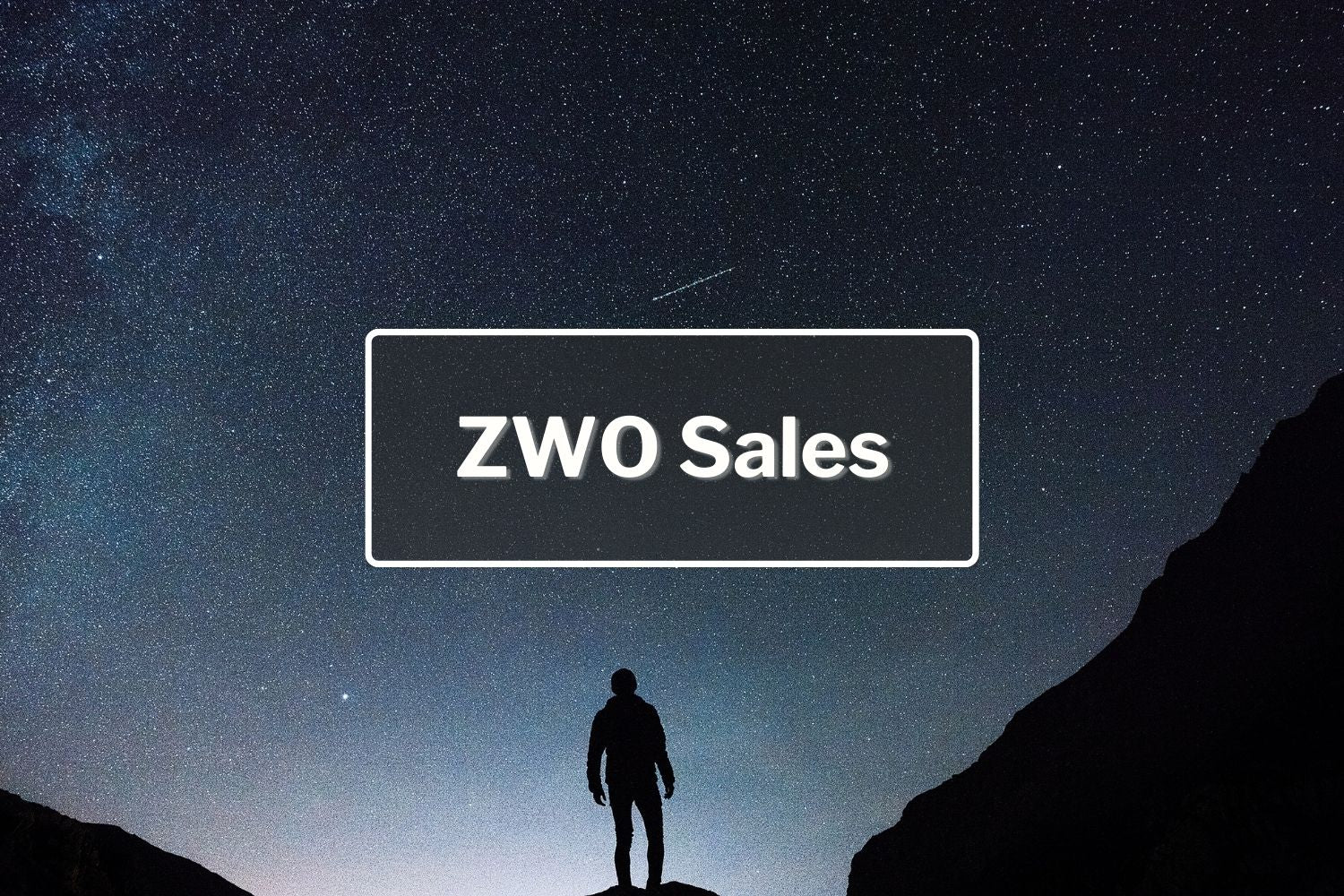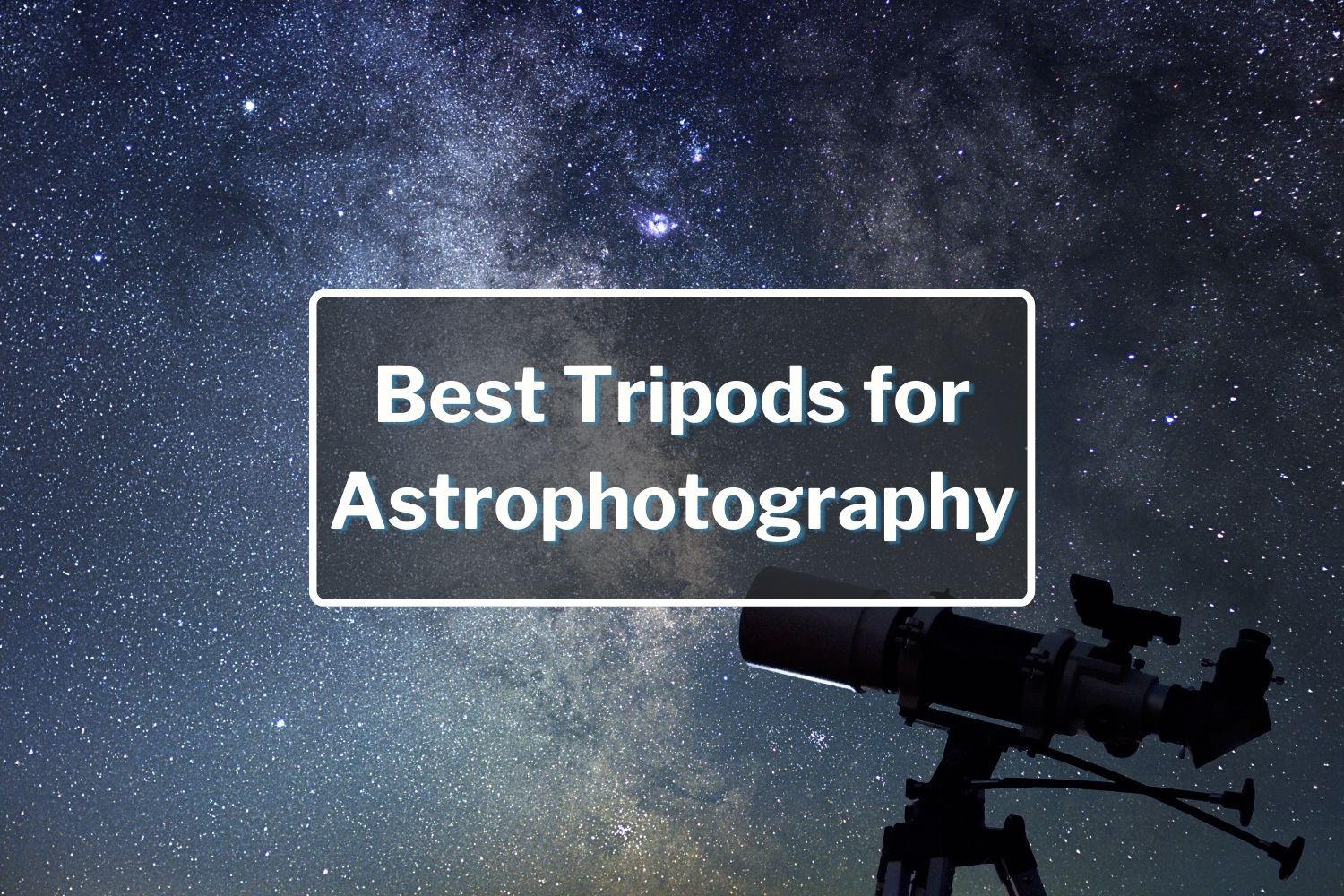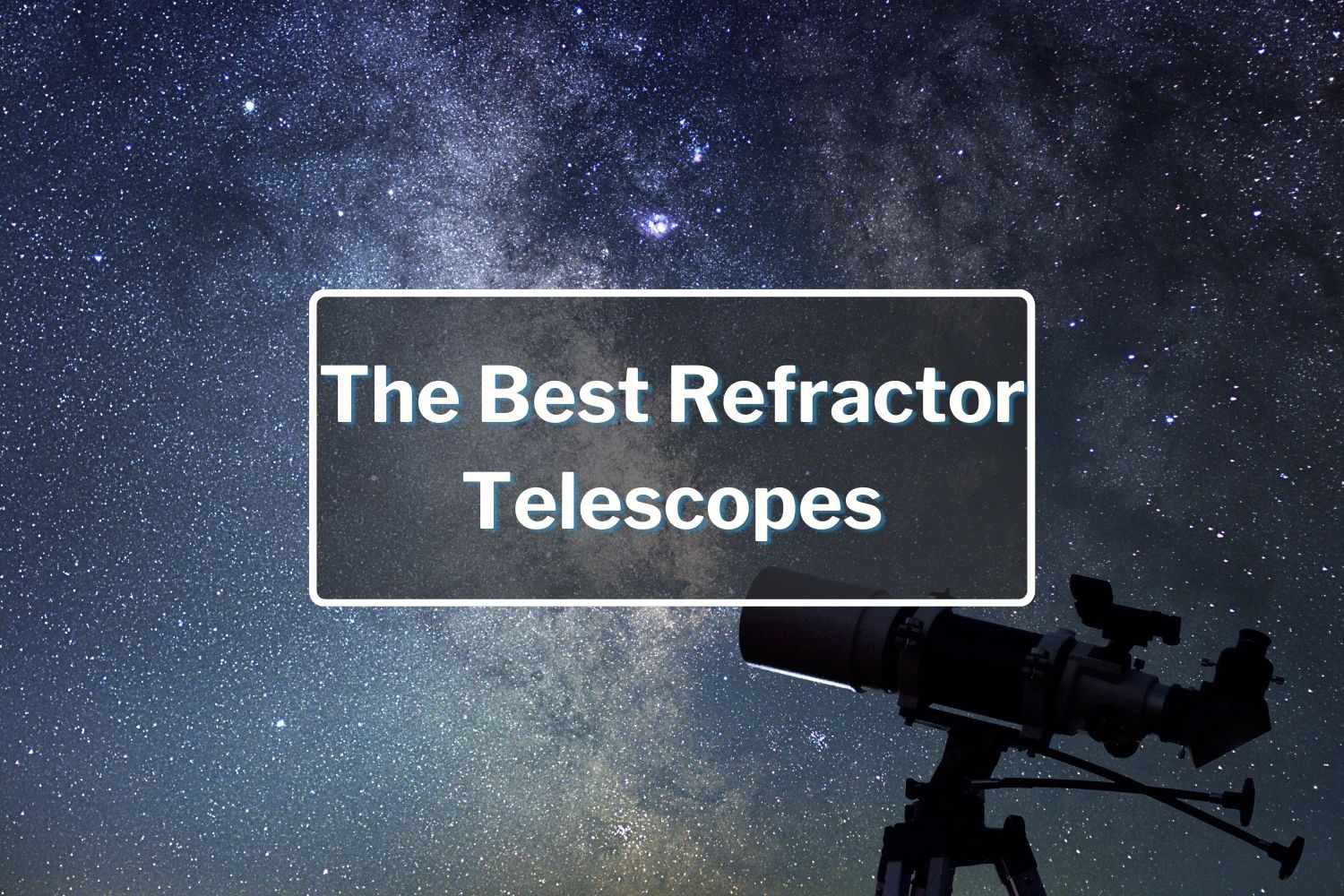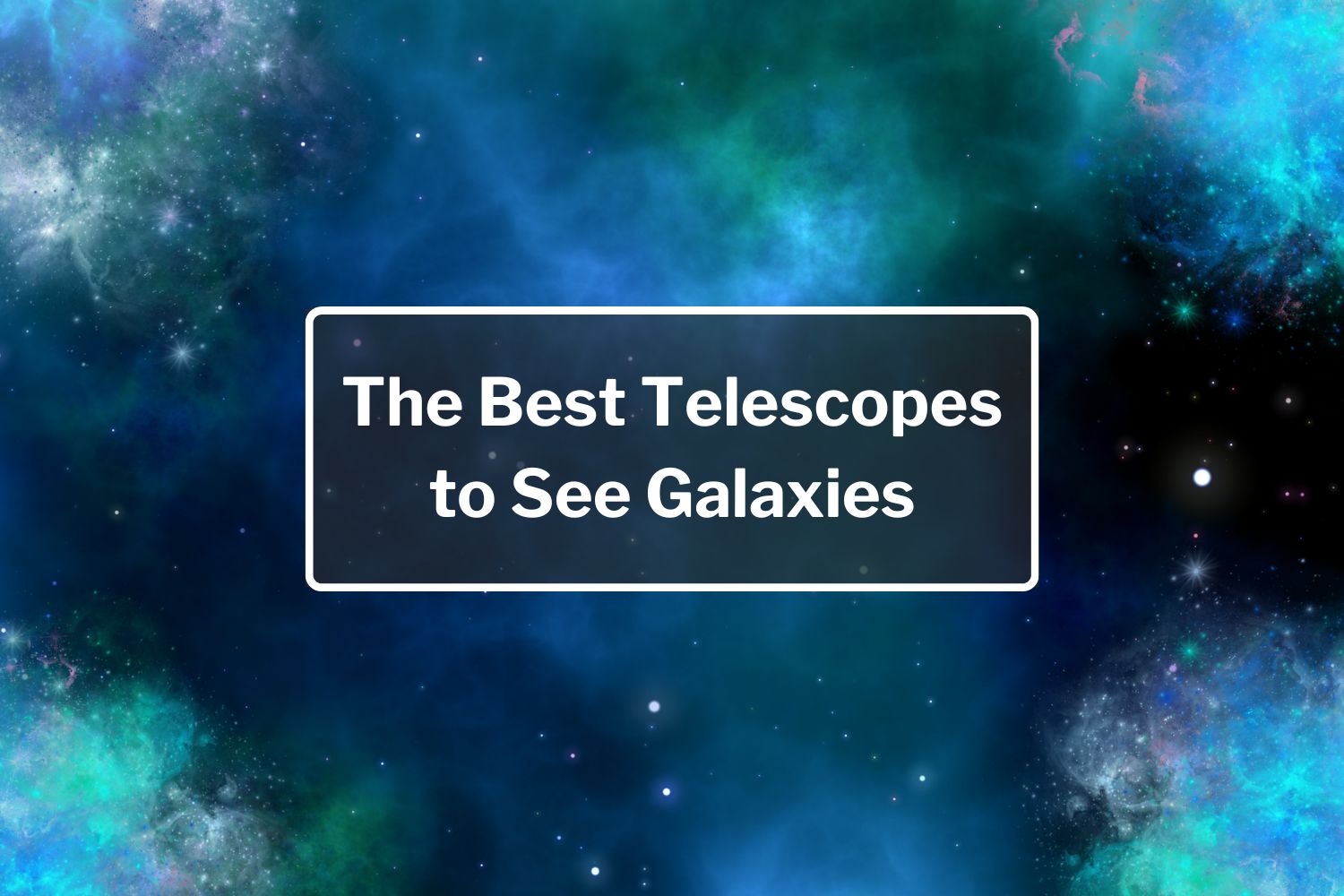Best Telescopes for Deep Space
Galaxies, nebulae, and other deep-space objects are awe-inspiring, but not all telescopes are designed for viewing and photographing them. The best telescopes for deep space viewing and imaging feature superior optics and plenty of other features for sharp images of distant celestial objects. With prices ranging from under $500 to observatory-grade instruments for serious observers, here's our list of the best telescopes for deep space astrophotography and observation.
Radian 75MM Petzval Refractor Telescope $1,799
The Radian 75MM Petzval Refractor Telescope is a true platform for space photography. This astrograph has a Petzval imaging system, which prevents any moving elements in the system and provides outstanding sharpness and color saturation for detailed images of distant objects. The Radian 75MM APO Astrograph provides the best image field correction in its class, with no need for back-focus calculations. The kit includes V-style and D-style dovetail plates, tube rings, and dust covers.
Pros:
- Has FCD 100 glass
- Perfect for deep sky photography
- No worries about back-focus calculations
- Easy to set up
- Provides a flat field right out of the box
- Fits the PrimaLuceLab Sesto Senso 2 with no additional adapters
- Compatible with the Radian Telescopes 61 Electronic Focuser Upgrade
Celestron StarSense Explorer 8" Dobsonian Smartphone Telescope $799.95
The 8-inch Celestron StarSense Explorer is one of the best beginner telescopes available. This Dobsonian telescope uses a smartphone and the StarSense app to provide a tour of visible night sky objects, so there's no need for previous telescope experience. The Celestron StarSense Explorer has an 8" mirror for excellent resolution of the moon and planets and distant deep space objects, and its detachable Dobsonian base makes transporting easy. The kit includes a 25mm eyepiece and eyepiece rack, a collimation cap, and the Celestron Starry Night Basic Edition Software for learning more about the night sky.
Pros:
- Works with your smartphone for a guided tour of the night sky
- A perfect choice for visual astronomy
- One of the best beginner telescopes money can buy
- Requires no previous telescope experience
Cons:
- Requires collimation
- Not suited for deep sky astrophotography
Celestron NexStar 8SE Computerized Telescope $1,599
The Celestron NexStar 8SE Computerized GoTo Telescope is a versatile, portable, and user-friendly telescope with computerized technology that makes it easy to locate and track more than 40,000 night sky objects. The NexStar 8SE provides excellent close-up views of the moon and planets, and its included 25mm eyepiece allows it to give outstanding views of deep space objects as well. Once the NexStar 8SE is properly aligned, the telescope’s GoTo Computerized Mount automatically points to any of the objects you've selected from the system's database. This telescope comes with a finderscope, hand controller, and eyepiece, and with the help of a few accessories, it can produce stunning astrophotography images too.
Pros:
- 8-inch aperture has excellent light-gathering ability
- The Computerized GoTo System tracks objects for you
- Computerized systems make it beginner-friendly
- Lightweight and portable
Cons:
- Not ideal for astrophotography right out of the box
- Requires collimation
PlaneWave 14-Inch CDK f/7.2 OTA Telescope with Fused Silica Optics $14,500
The PlaneWave 14-inch CDK f/7.2 OTA Telescope features the PlaneWave CDK (Corrected Dall-Kirkham) design that provides coma-free, flat field imaging with no off-axis astigmatism. Designed for serious imagers and visual observers, the Planewave 14-inch CDK Telescope uses Fused Silica Optics of the highest purity for superior optical and thermal properties. It comes with a carbon fiber lower light shroud to protect the primary mirror and three cooling fans. The kit includes a Ronchi Ocular Screen and Inner Diameter Spacer, plus a flash drive with software and documentation.
Pros:
- The most professional, observatory-grade telescope available to the public
- Premium quality Fused Silica Optics — one of the most transparent glasses available
- Easy to collimate
- Offers a wide, aberration-free flat field of view
- Supports very large imaging chip cameras for astrophotography
Askar 130PHQ APO Quadruplet Astrograph $3,499
The Askar 130PHQ APO Quadruplet Astrograph allows astrophotographers to capture sharp, stunning images of deep space objects. This astrograph can be equipped with a variety of imaging devices and has a built-in field flattener and a large image plane for detailed imaging. The Askar 130PHQ comes with a telescopic lens hood, two tube rings, a Losmandy dovetail plate, and a set of 4-piece photographic adapters.
Pros:
- Astrophotography-ready — only needs a camera and tracking mount
- Flat field with quadruplet Petzval design
- Self-flattening design offers strong advantages for astronomical shooting
- No need to worry about back focus
Cons:
- Rather heavy
- Requires a solid mount ($2000 and up) to handle the weight for astrophotography
Celestron StarSense Explorer DX 102AZ Smartphone Telescope $469.95
The Celestron StarSense Explorer DX 102AZ works with a smartphone to provide easy viewing of planetary and deep sky objects. The Celestron StarSense Explorer comes with Celestron's StarSense Explorer app, which allows viewers to target and lock objects for eyepiece viewing. This beginner-friendly telescope comes with two eyepieces, a smartphone dock, a red dot finderscope, and a full-height tripod.
Pros:
- Easy to tour the night sky with your smartphone and the StarSense Explorer app
- 102mm (4-inch) refractor with XLT optical coatings provides excellent viewing
Cons:
- Not for deep sky astrophotography, but you can take some fun pix with a smartphone adapter
TPO 6" f/4 Newtonian Reflecting OTA Telescope $392
The TPO 6-inch f/4 Newtonian OTA Telescope is an affordable imaging scope that’s ideal for transitioning from visual astronomy to astroimaging. This telescope features high-quality optics for optimum performance and a center spot on the primary mirror for easy collimation. The TPO 6-inch f/4 Newtonian works with almost any equatorial mount and comes with two tube rings, an extension tube, and a Vixen-style Dovetail Rail.
Pros:
- Great beginner Newtonian for imaging as well as visual use
- Lightweight and highly portable
Cons:
- Requires collimation
- Coma corrector sold separately
Sky-Watcher Flextube 250P SynScan GoTo Collapsible Dobsonian w/Wifi Adapter $1,560
The Sky Watcher Flextube 250P SynScan Dobsonian has a large 254mm aperture with 1200m focal length for dazzling views of galaxies, nebulae, and other deep sky objects. This telescope has an innovative, collapsible design for portability and back focus for astrophotography while retaining collimation. Its parabolic primary mirror is coated with Radiant Aluminum Quartz coating for maximum light reflectivity. The Sky Watcher Flextube 250P Synscan comes with a finderscope, two Plossi eyepieces, and a Wi-Fi adapter.
Pros:
- 24mm aperture, 1200mm focal length, and f4/7 focal ratio for stunning views
- Built-in Wi-Fi Telescope control
- Patented Freedom Find technology with dual encoders allows manual control while retaining alignment
Cons:
- Bulky
- Requires collimation
- Sells out fast
FAQs
Which telescope is best for deep space?
Telescopes designed for deep space viewing and astrophotography have high-quality optics and wide apertures for capturing the most light. Deep space telescopes for astrophotography also include specialized features for capturing the sharpest possible images.
How much does a deep space telescope cost?
Deep space telescopes can range from under $500 for a quality, beginner-friendly instrument to five figures and more for an observation-grade setup with the highest quality optics and imaging capabilities.
If you have any questions about purchasing a deep space telescope, contact the OPT team. We’ll be glad to help you find the best telescope for exploring the night sky. Happy viewing!


